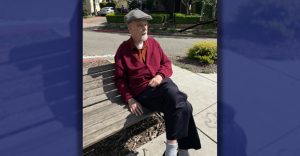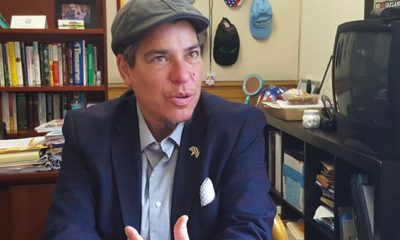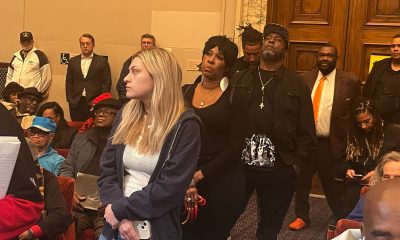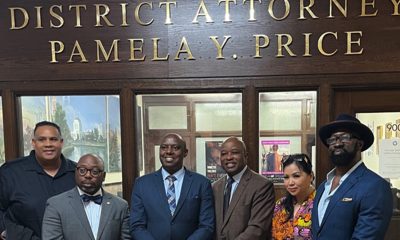Featured
Opinion: a Vision For The Future of the Coliseum Area

In recent months, there have been many important and valid concerns expressed regarding the future of the Coliseum Area which may include the Oakland A’s. We hear what people do not want to see happen at the Coliseum.
This includes wanting to avoid taxpayer funded giveaways and wanting to avoid loss of jobs, the location being abandoned and blighted, and finally the further erosion of our African American population, most of which has called East Oakland their home for decades.
As we look toward the future and work on these concerns, we thought it would be valuable to talk about what would be good to see happen at this site.
This large, well-located expanse of public land can and should be used to provide development that benefits the community in multiple ways. The Coliseum site, co-owned by the City of Oakland and the County of Alameda, provides a unique opportunity with about 200 acres that are on BART, have freeway access, easy airport connection, Amtrak, and great central location in the growing Bay Area.
We can, and should, work toward a future for the site that provides local benefits, including housing at all income levels, jobs, recreation and health, including for our youth, tax revenue and revitalization.
The future of this great site should ideally include:
• A significant amount of new housing, at all income levels, including deed-restricted affordable housing, workforce housing, and ADA accessible housing.
• Large-scale hotel and convention/conference facilities.
• Maintain and use the Arena, including by seeking to bring a WNBA team and other uses. Arena can also be used in partnership with hotel/conference facilities to host large-scale events.
• Soccer options. Explore options to provide outdoor soccer fields. Be able to accommodate significant soccer tournaments and provide much-needed locations for our local youth teams etc., to practice and play. Outdoor soccer fields to be designed to be able to accommodate other uses when not in use for soccer.
• Retail, restaurants, bars, and entertainment. Snack stands, inside and outdoors.
• Improved and widened pedestrian access-way from BART, to make the welcoming experience pleasant and easy to cross, without requiring people to go downstairs and back up, no chain link, well-lit and attractive, and with access to shops and food and more.
• Quality jobs for the local community – Oakland residents – including opportunities in construction, and incorporating existing workforce from Coliseum/Arena such as concessions, security, etc. Local hiring, equity, and quality standards policies for jobs.
• Local/small business involvement and opportunity, opportunity for local/small businesses to participate in the new development at the site.
• Protections from displacement for existing surrounding local residents and local businesses.
• Option for inclusion of City of Oakland and Alameda County public needs such as a police administration building.
• Secure bike parking/valet.
• Utilize existing approved Plan/EIR, so development can move forward more easily and quickly.
• And, for the sake of public trust, to avoid problems with the project, and to ensure a fair and transparent process, we should start the process of issuing notification of the availability of the land for opportunities.
The Bay Area Community Benefit Organization (BACBO) is a faith based, community driven organization, developed to work with small community and faith based entities in the area of social services and community development.
The East Oakland Community Development Corporation’s mission is to promote social welfare and economic self-sufficiency for low-income households.
Councilmember At-Large Rebecca Kaplan is an honor graduate from MIT and was elected in 2008 to serve as Oakland’s citywide Councilmember, she was re-elected in 2016. She also serves on the Alameda County Transportation Commission (ACTC).
Follow Councilmember Kaplan on Twitter @Kaplan4Oakland and Facebook.
Activism
Oakland Post: Week of May 29 – June 4, 2024
The printed Weekly Edition of the Oakland Post: Week of May 29 – June 4, 2024

To enlarge your view of this issue, use the slider, magnifying glass icon or full page icon in the lower right corner of the browser window. ![]()
Activism
Oakland Post: Week of May 22 – 28, 2024
The printed Weekly Edition of the Oakland Post: Week of May May 22 – 28, 2024
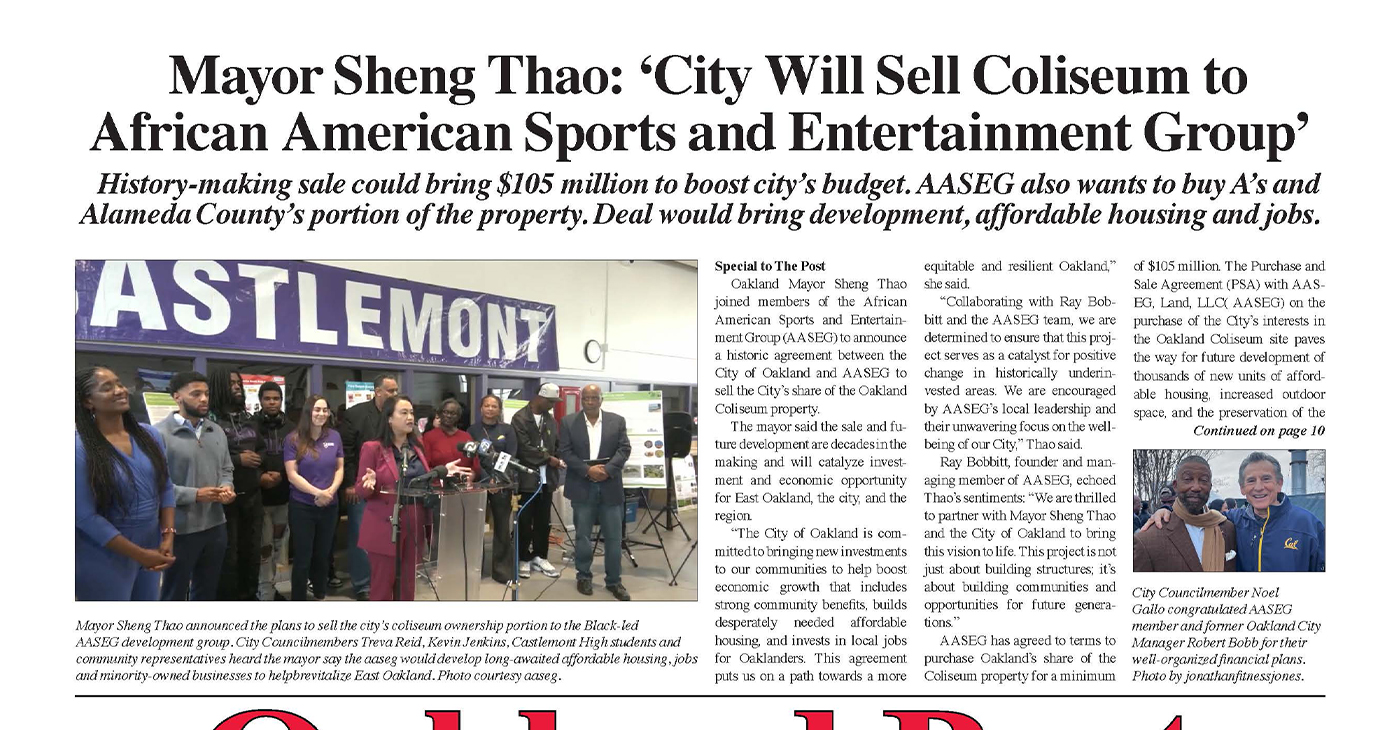
To enlarge your view of this issue, use the slider, magnifying glass icon or full page icon in the lower right corner of the browser window. ![]()
Business
Banning Menthol Cigarettes: California-Based Advocacy Group Joins Suit Against Federal Govt.
A California based non-governmental organization, The African American Tobacco Control Leadership Council (AATCLC), has joined two other public health advocacy groups in a second lawsuit against the U.S. Food and Drug Administration (FDA) for the agency’s inaction on issuing a final rule banning menthol cigarettes.

By Edward Henderson, California Black Media
A California based non-governmental organization, The African American Tobacco Control Leadership Council (AATCLC), has joined two other public health advocacy groups in a second lawsuit against the U.S. Food and Drug Administration (FDA) for the agency’s inaction on issuing a final rule banning menthol cigarettes.
The suit, filed by Christopher Leung of Leung Law, PLLC on behalf of the AATCLC, Action on Smoking and Health (ASH) and the National Medical Association (NMA) comes more than seven months after the FDA’s established date for finalizing a new rule against menthol cigarettes.
“We are a group of Californians, although we have expanded now. We were formed in 2008 to inform and direct the activities of commercial tobacco control and prevention as they affect African Americans and African immigrants in this country,” said Carol McGruder, co-chair of the AATCLC.
McGruder was speaking during a press briefing April 2 organized to announce the lawsuit. with representatives from the ASH, NMA and other organizations.
“Menthol cigarettes have had a devastating and disproportionate impact on the health of Black Americans,” said Yolanda Lawson, President of the NMA. “Smoking related diseases are the number one cause of death in the Black community.”
The lawsuit also follows the FDA’s 15-year delay in creating national policy that would ban cigarettes made with compound menthol, a minty substance that cigarette makers infuse into their tobacco products, making them more addictive and harmful.
Despite significant reductions in overall smoking rates in the US, smoking among poor, less educated and marginalized groups remains high. Every year, 45,000 Black Americans prematurely die from tobacco-caused diseases. An estimated 85% of them smoked menthol cigarettes.
“This disproportionate use of menthol cigarettes among Black Americans is not a coincidence,” Dr. Yerger continued. “I was one of the first tobacco documents researchers out of UCSF who exposed the tobacco industry’s systematic, predatory marketing schemes to dump highly concentrated menthol cigarette marketing into urban inner-city areas.”
In 2011, the FDA’s own scientific advisory committee concluded that the “Removal of menthol cigarettes from the marketplace would benefit public health in the United States.”
If the sale of menthol-flavored cigarettes is indeed banned, the FDA projects a 15.1% drop in smoking within 40 years, which would help save between 324,000 to 654,000 lives.
As a result of the Plaintiffs’ first lawsuit, the FDA made the landmark determination to add menthol to the list of banned characterizing flavors in cigarettes.
On the contrary, tobacco-aligned groups in the past have argued that banning menthol cigarettes would be impact federal and state budgets with the loss of nearly $6.6 billion in cigarette sales taxes. Menthol cigarettes account for over one-third of the U.S. cigarette market.
Other arguments from tobacco-backed groups include unintended consequences of a ban such as increased policing in Black and Brown communities due to contraband cigarettes. However, health advocates have dismissed this claim stating the ban would apply to companies that make or sell menthol cigarettes, not individual smokers.
By law, the United States has two months to respond to the lawsuit. The feds can respond to it or file a motion to dismiss.
If the suit is successful, the FDA would have 90 days to make a final ruling.
-

 City Government4 weeks ago
City Government4 weeks agoCourt Throws Out Law That Allowed Californians to Build Duplexes, Triplexes and RDUs on Their Properties
-
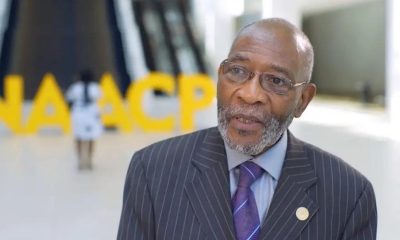
 Activism4 weeks ago
Activism4 weeks agoS.F. Black Leaders Rally to Protest, Discuss ‘Epidemic’ of Racial Slurs Against Black Students in SF Public School System
-

 Alameda County4 weeks ago
Alameda County4 weeks agoAn Oakland Homeless Shelter Is Showing How a Housing and Healthcare First Approach Can Work: Part 1
-

 Community4 weeks ago
Community4 weeks agoOpening Soon: Vibe Bistro Is Richmond’s New Hub for Coffee, Cuisine, Community and Culture
-
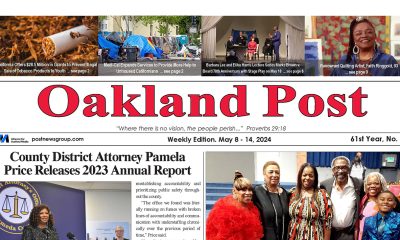
 Activism3 weeks ago
Activism3 weeks agoOakland Post: Week of May 8 – 14, 2024
-

 Community4 weeks ago
Community4 weeks agoGov. Newsom, Attorney General Bonta Back Bill to Allow California to Host Arizona Abortion Care
-

 City Government4 weeks ago
City Government4 weeks agoVallejo Continues to Accept Applications for Boards, Committees and Commissions
-

 Bay Area4 weeks ago
Bay Area4 weeks agoMayor Breed Proposes Waiving City Fees for Night Markets, Block Parties, Farmers’ Markets, Other Outdoor Community Events

